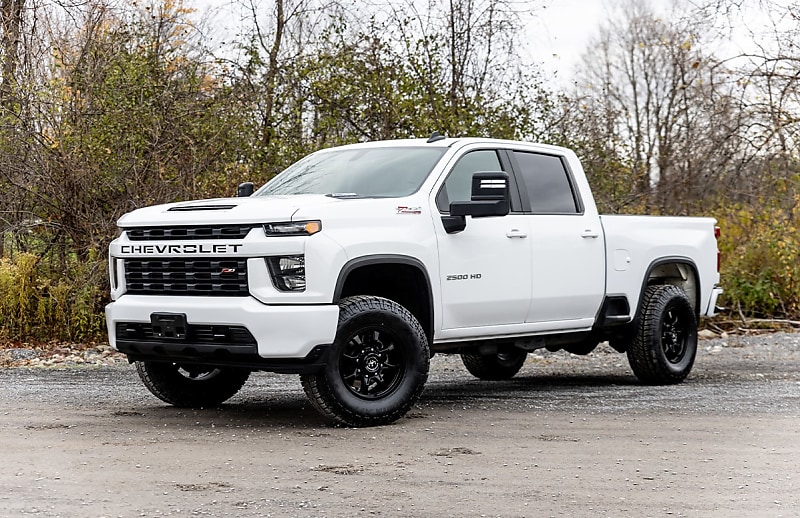In 2023, the ute loophole in the luxury car tax (LCT) cost the government over $250 million in foregone revenue, negatively impacting the Australian economy, environment and community.
LCT is applied on the sale or importation of a car valued higher than the threshold and promotes the Australian car industry, generates revenue from wealthier individuals and curbs the consumption of luxury goods.
You’re out of free articles for this month
For the 2024-25 financial year, the Australian government set the standard threshold at $80,576 and $91,387 for electric vehicles.
Calculations by The Australia Institute (TAI) found three-quarters of this foregone revenue was due to sales of large and expensive utes, such as Ram and Chevrolet vehicles.
The research paper said: “Large vehicles impose considerable costs on society, from their higher carbon emissions and rates of road damage to serious safety concerns.”
The Australia Institute research director Rod Campbell said the $250 million in foregone revenue is a clear waste of money which should be used elsewhere.
“That’s $250 million that could have been spent on active transport, like encouraging people to ride bikes or walk,” Campbell said.
“It could have been spent on schools, hospitals, or anything else. Instead, it’s in the pocket of luxury ute drivers.”
The study by The Australia Institute found the “ute loophole” conditions provided by the automotive news website, drive.com.au.
“Does LCT apply to utes? No, every ute available in Australia- including dual-cab utes- is exempt from paying LCT due to a loophole in how a vehicle’s “principal purpose” is determined.”
This loophole allows for the purchase of utes tax-free, as they are considered “Commercial vehicles designed mainly for carrying goods and not passengers.”
This exemption is defined broadly, meaning if a ute can carry twice the weight in payload that it can carry in people, it is exempt from paying LCT.
Drive.com.au reported most dual-cab utes are exempt from LCT and there is no requirement to demonstrate if a ute is being purchased for commercial or personal use.
During an interview with Accountants Daily, Campbell provided further detail into the impacts the “ute loophole” has had on the purchase of utes.
“To put the loophole into perspective, according to our research there’s 1.94 million tradies in Australia and there are 3.1 million utes on our roads.”
The research paper stated the number of utes on the road compared to passenger vehicles has grown significantly in the last 20 years.
The Australia Institute outlined the tax exemption on utes provides people with more of an incentive to buy them, proving more are purchased for personal use rather than commercial.
Without having to pay tax on a ute, though classified as a “luxury vehicle” by price, they have become a cheaper option in comparison to other luxury cars that do face LCT.
For example, the 2024 Ram 1500 TRX Final Edition (4x4) is valued at $249,950 before on-road costs and avoids more than $50,000 in tax through the ute loophole.
Rams are “one of the fastest growing market segments, growing by 21.4 per cent in 2023,” The Australia Institute found in its study.
The Australia Institute believes large utes are significantly costing the Australian economy based on their size, road damage rates, tax exemption and higher carbon emissions.
It recommends the Australian government remove the ute exemption from LCT as this would curb the sales growth in expensive utes and decrease foregone revenue.
“It is about removing a tax exemption that almost exclusively benefits very high-income people driving cars that impose significant costs on the community,” Campbell said.



